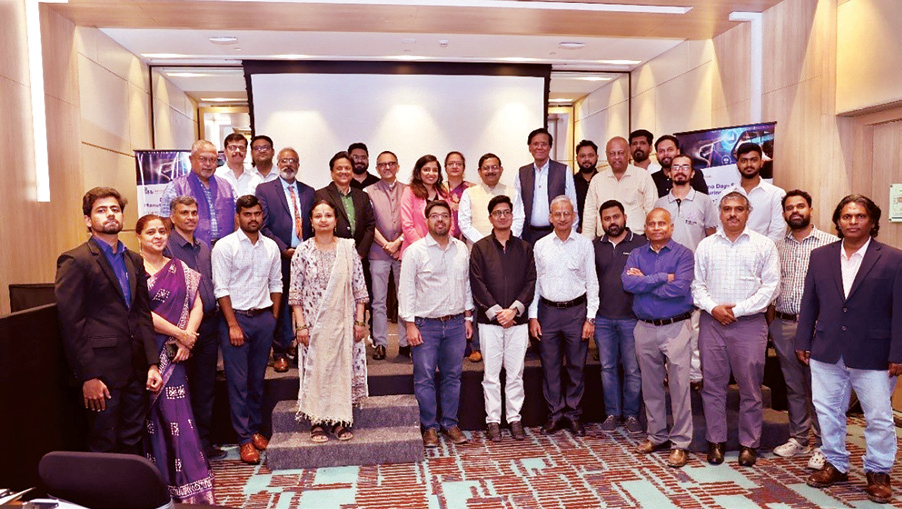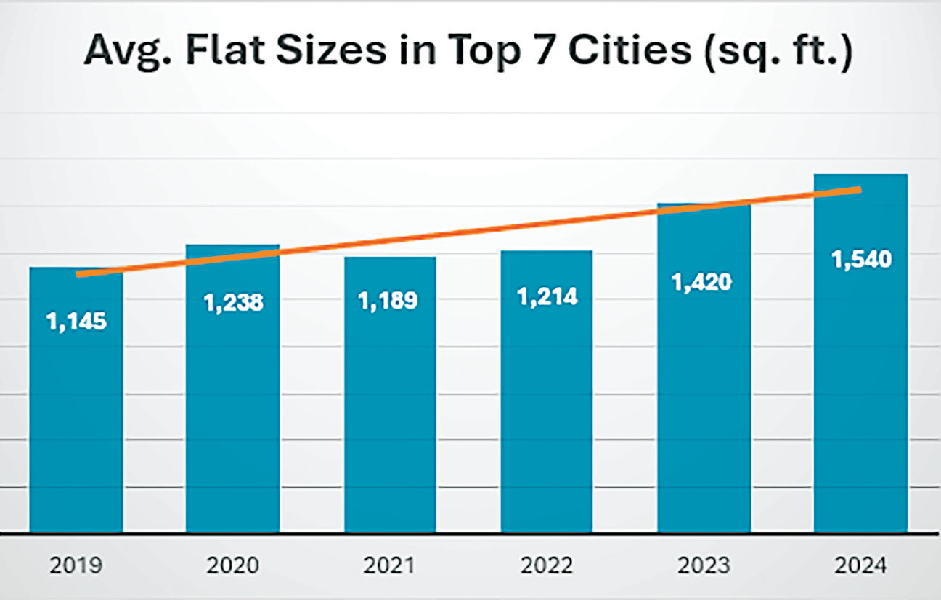
Nearly 2,000 beneficiaries await stipend hike
Risha Chitlangia
It’s been three months since Nazia Israr, a PhD scholar at the University of Kashmir, Srinagar, last got her stipend under the Maulana Azad National Fellowship (MANF) scheme.
A Junior Research Fellow who got her fellowship in February 2022, Israr is also awaiting a hike in the stipend for the last six months.
But neither the stipend nor the hike is forthcoming, and the financial strain is impacting her research work on development studies.
“We have got the fund till September. Since then, we have neither received the fellowship amount nor heard from the Ministry (of Minority Affairs) about the hike. It’s extremely difficult to carry out our research due to a shortage of money. We have to pay rent and also travel for research,” the Baramulla resident told The Print.
She isn’t the only one. According to research fellows The Print spoke to, close to 1,900 beneficiaries in 27 universities across India are awaiting stipends for the last three months and a revision of fellowship amount for the last six months.
The MANF fellows claim that while researchers and doctoral students covered under fellowship from other ministries such as education, tribal affairs, and social justice and empowerment are getting the increased stipend following a Department of Science and Technology (DST) order in June 2023, they are yet to hear about the proposed increase.
Under the MANF, Junior Research Fellows (JRF) get Rs. 31,000 per month and Senior Research Fellows (SRF) Rs. 35,000 per month.
According to Lal Chandra Vishwakarma, president of the All India Research Scholars Association (AIRSA) — the body representing research scholars in India — this sum was to be revised to Rs. 37,000 and Rs. 42,000.
The stipend was last revised in 2019, said Vishwakarma.
The researchers The Print spoke to also say they’ve written to both the Ministry as well as the National Minorities Development and Finance Corporation (NMDFC) — an apex body for the benefit of minorities which is responsible for the release of the MANF funds — about the timely disbursement of the stipend as well as the hike.
In November 2022, the Narendra Modi government announced that it was discontinuing the fiveyear fellowship, which was launched in 2009 to provide financial assistance to students pursuing M. Phil and PhD, citing an overlap of various other central schemes.
However, it decided to continue fellowship to the existing beneficiaries who were awarded fellowships till the end of the financial year 2021-22.
“According to a DST memorandum in 2019, the stipend of all fellowships is to be revised every four years. The stipend of research scholars under other central government fellowships has been revised. Why are MANF beneficiaries being made to wait for so long?” Vishwakarma told The Print.
Last month, AIRSA had to the Union minority affairs minister Smriti Irani and the minority affairs secretary urging a hike in fellowship amount and timely disbursement of the stipends.
“We have got a response saying that the matter is under consideration,” Vishwakarma said.
“We’re now planning to meet the secretary to discuss the issue as research scholars are facing hardship in continuing with their work. Like all other fellowships, scholars under MANF are eligible for a hike in stipend.”
The Print tried to reach the ministry for comment through email and WhatsApp and the response is awaited.
A senior NMDFC official told The Print that the corporation was responsible only for the disbursal of the money, but confirmed that the fellowship was released only until September.
“Payments will be made as and when funds are released by the ministry. As for a hike in fellowship, the decision will be taken by the ministry,” the official said.
‘Why MANF is neglected?’
Launched in 2009, the MANF was aimed at providing financial assistance for five years to students from six notified minority communities — especially from economically weaker sections — to pursue an M. Phil and PhD.
Under MANF, 1,000 students were awarded fellowship annually.
According to the ministry’s website, of the 1,000, 750 were selected through the National Eligibility Test (NET) for Junior Research Fellowship.
 English daily published in Bengaluru & Doha
English daily published in Bengaluru & Doha






